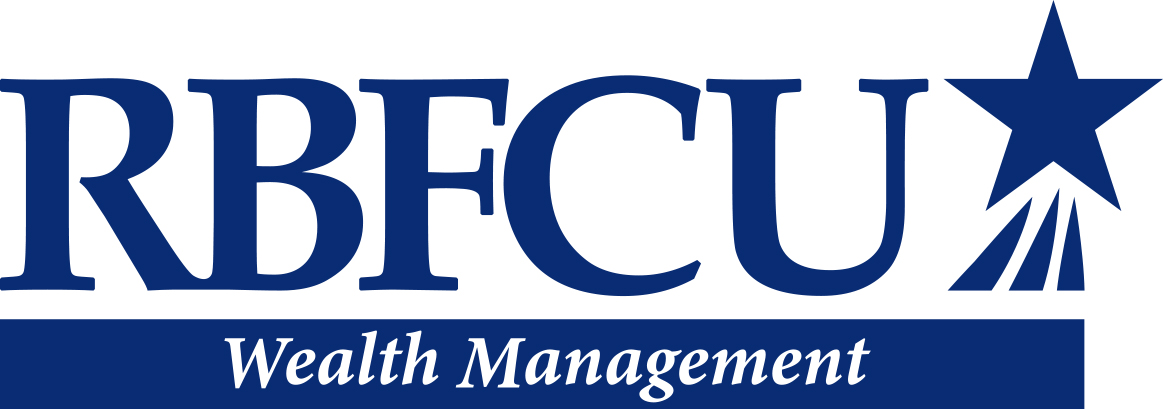Advancing a Work-Optional Lifestyle
Living a life focused primarily on the people, activities and causes that we’re passionate about is a dream for many of us. For more affluent households, a comprehensive wealth management approach might help you advance toward a work-optional lifestyle.
.jpg?sfvrsn=d986b2a8_6)
It’s no secret that hard-working individuals, families and business leaders shape their lives around work responsibilities and demands. After all, that's one way many people build wealth over their lifetimes.
But, once you’ve collected significant financial assets, do you have to stay tied to your job or company in the same way as before? Not necessarily.
By collaborating with a financial advisor to refine your wealth management tactics, you may be able to design a work-optional life.
Wondering what that could look like for you? And how might you reach that goal? Let’s briefly explore the concept and some possible strategies.
Work-optional lifestyles, defined
The phrase “work-optional lifestyle” reflects a person’s desire to make the most of wealth accumulated through their:
- Income
- Business
- Savings
- Inheritance
- Investment strategies
Often, these individuals seek to enrich their lives with travel, hobbies and philanthropic1 or innovative pursuits while worrying less about monthly bills.
While many people wait until they’re in their late 60s (or later) to enjoy financial freedom through retirement, others seek to position themselves to embrace a work-optional lifestyle decades earlier.
Work-optional living represents an intentional shift away from seeing work as necessary but rather as something to be enjoyed on your own terms — or, yes, perhaps opted out of entirely.
Ultimately, work-optional living is about making a choice.
What might a work-optional lifestyle mean for you?
Each person faces different challenges depending on their circumstances and goals. Based upon where you are and where you want to be, you may seek to:
- Accumulate and/or maintain independent wealth through strategic financial planning and thoughtful asset management so that you never need to work again — or worry about scaling back on expenses dramatically as you age.
- Build a significant financial nest egg that will let you dictate the kind of work you do, how much time you dedicate to it and where you want to live.
- Leave a legacy to your family, charity or community that aligns with your values and beliefs.
Successful working professionals may want to create the financial stability that allows them to choose work/life balance or focus on an efficient path to retirement.2 Although more lucrative professions such as engineering, medicine, law, consulting, sales (including luxury real estate), tech and biotech may be advantageous, many other successful professionals in an array of fields can find viable paths forward.
Meanwhile, accomplished entrepreneurs and business owners3 have a different set of concerns. They might be focused on being as productive as possible with their time and money — or creating a business exit strategy to sell or pass on their business to family members.
Still other people, having benefited from an inheritance or another significant financial windfall, may seek to enjoy the best of both worlds: maintaining the bulk of their existing wealth while spending their time as freely and comfortably as possible.
Whatever your specific situation, having a long-term financial plan can help advance your goals, especially when the economy swings up or down.
Achieving and maintaining a work-optional lifestyle
No matter your current bank account balance, business role or title, investment holdings or chosen career path, your best shot at progressing toward or maintaining a work-optional lifestyle may involve developing and carrying out a financial strategy that puts all of the pieces of the puzzle together to create clarity.
Make no mistake, however, that when it comes to significant wealth (defined as net assets approaching or exceeding $1 million), special consideration might be warranted for the following factors:
- Personal income spending habits
- Risk tolerance4
- Income and estate taxes
- Health care costs
- Economic and stock market fluctuations
- Shifts in the value of real estate and premium goods (e.g., art, antiquities, vintage vehicles)
Given that few people — even accomplished individuals familiar with complicated budgets and rolling forecasts — have the time and energy to monitor all of these factors to their strategic advantage, a wealth management team can prove helpful.
Financial advisors and wealth management
Of course, not every financial advisor is experienced at helping affluent clients manage significant accumulated wealth in ways that open doors to work-optional living.
Nor does every financial advisor have a team and network to help their clients address the complexity that comes with managing significant wealth.
Yes, even experienced investors and successful business leaders can find the work of an integrated wealth management team valuable.
The takeaway
A financial advisor well-versed in wealth management, however, will work alongside an affluent client, helping them address opportunities and details they might otherwise overlook. This can help clients stay better aligned with their goals, even as their wants and needs evolve.
Curious to learn more about how you might manage significant wealth to embrace a work-optional lifestyle? We’d love to talk with you about your options.




